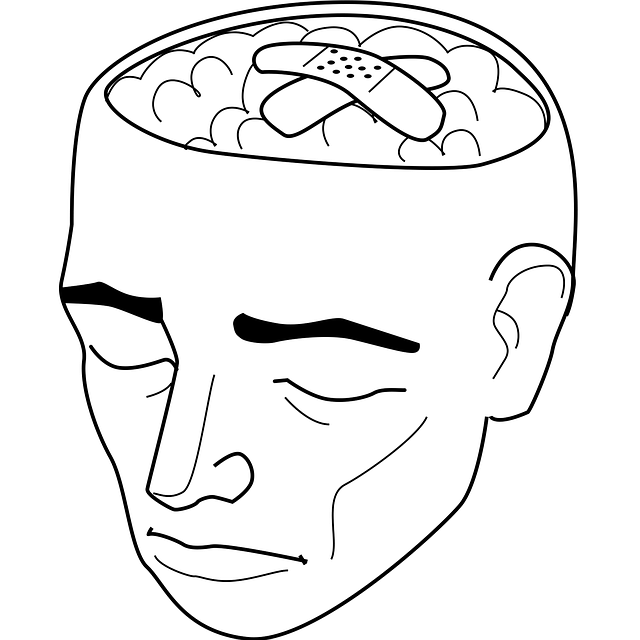Major life transitions can significantly impact adults' mental health, making therapy crucial for processing these shifts. Healthcare providers with cultural competency and crisis intervention skills offer tailored support. Self-awareness exercises help adults explore emotions, develop coping mechanisms, and build resilience. Therapy provides a safe space to address trauma, negative thought patterns, and low self-esteem, fostering positive thinking and enhanced well-being. Evidence-based practices like CBT and EMDR, integrated with mood management strategies, empower adults navigating life transitions to improve emotional resilience.
In today’s fast-paced world, adults often face significant life transitions that can trigger or exacerbate existing trauma. Understanding these transitions and their impact is crucial for providing effective support through therapy services. This article explores how therapy plays a pivotal role in helping adults navigate major life changes while addressing past traumas. We delve into strategies for optimizing trauma support services, ensuring clients receive the comprehensive care they need to thrive during and after challenging transitions.
- Understanding Major Life Transitions and Their Impact on Adults
- The Role of Therapy in Supporting Trauma and Life Transition
- Effective Provision of Trauma Support Services for Adult Clients
Understanding Major Life Transitions and Their Impact on Adults

Major life transitions can significantly impact adults’ mental health and overall well-being. Events like changing jobs, moving to a new city, losing a loved one, or experiencing financial struggles are all examples of transitional periods that can lead to increased stress, anxiety, and even trauma. These shifts often demand adjustments in various aspects of life, including social structures, daily routines, and identity, which can be challenging for anyone.
For adults seeking therapy, understanding and processing these transitions is crucial. Healthcare provider training in cultural competency and crisis intervention guidance can help professionals support clients navigating such times. Self-awareness exercises tailored to individual experiences facilitate a deeper exploration of emotions, allowing individuals to develop coping mechanisms and enhance resilience during life’s inevitable changes.
The Role of Therapy in Supporting Trauma and Life Transition

Therapy plays a pivotal role in supporting individuals navigating trauma and major life transitions. Through structured conversations with trained professionals, clients can process their experiences, emotions, and beliefs surrounding the traumatic event or significant life change. This therapeutic space allows for increased self-awareness, facilitating the integration of past traumas into one’s narrative while fostering resilience and coping mechanisms.
For adults experiencing trauma or facing major life transitions, therapy offers a safe haven to explore and challenge unhelpful thought patterns and behaviors. By addressing underlying issues like low self-esteem and negative thinking, therapists empower clients to cultivate positive thinking and build confidence in their ability to navigate adversity. This process empowers individuals to make meaningful changes, enhancing their overall well-being and resilience during challenging times.
Effective Provision of Trauma Support Services for Adult Clients

Effective trauma support services for adult clients require a tailored approach that addresses the unique needs and challenges they face. Therapy for adults going through major life transitions can significantly benefit from specialized programs designed to help them process traumatic experiences and develop coping mechanisms. These services often incorporate evidence-based practices such as cognitive behavioral therapy (CBT), which focuses on identifying and changing negative thought patterns, and eye movement desensitization and reprocessing (EMDR), a technique proven effective in treating complex trauma.
By integrating mood management strategies, conflict resolution techniques, and stress reduction methods, trauma support services can empower adults to navigate their transitions more smoothly. This holistic approach ensures that clients not only gain insights into their traumatic pasts but also learn practical tools for enhancing emotional resilience and overall well-being.
Trauma support services that effectively address major life transitions are essential for fostering healing among adults. By integrating therapy into these services, we can provide tailored care that navigates the complex interplay between trauma and life changes. Understanding the unique challenges faced by adult clients during significant shifts, such as retirement or bereavement, is crucial in developing comprehensive, compassionate, and accessible support systems. Through this holistic approach, we empower individuals to overcome adversity and embrace a brighter future.














